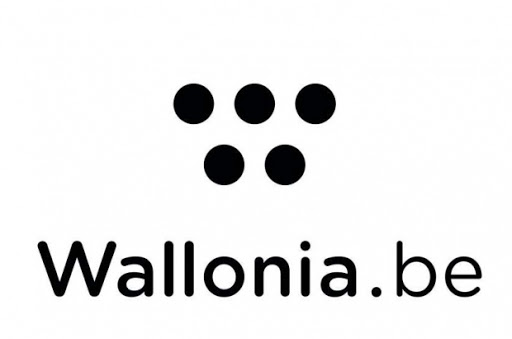Aboutissement du projet Space2IDGo
Le projet européen Space2IDGo, d'une durée de deux ans, était porté par cinq clusters spatiaux européens (dont Skywin) et cinq clusters utilisateurs des données satellitaires (dont Logistics In Wallonia). Il était destiné à faciliter l'accès des PME européennes aux marchés des application satellitaires dans cinq pays cibles (Emirats Arabes Unis, Canada, Chine, Chili et Argentine). Ce projet s'est terminé avec succès ce 31 mars 2020.
Skywin était plus particulièrement responsable de l'approche des marchés des applications satellitaires au Canada. Un MoU a été signé avec l'Ontario Aerospace Council (OAC) par Skywin au nom du consortium européen.
The Space2IDGo (Space Clusters International Diversification Go) project, is the second step of a two-stand process started with Space2ID (Space Clusters International Industrial Diversification) the first structured action for Space Service Providers and Application Developers to directly address the huge economic potential of several industrial sectors, carefully selected at European and International level with a clear market pull orientation. These sectors are: Mobility, Energy, Logistics, Creative industries and Agriculture (MELCA sectors) where the use of satellite data provides strong added value and accelerates the development of new value chains.
Space2IDGo has consolidated the ambitions to go international stronger and faster by proposing an innovative support towards SMEs willing to go international, helping to disseminate the added value of space data in MELCA value chains and developing business between European SMEs and new abroad partners and customers.
The Project, that ends now, has offered to European SMEs - in particular space service providers, application developers or working in MELCA sectors and looking to develop a service using space-based technologies or data-, a whole internationalization process in cooperation with Price Waterhouse and Cooper (PwC).
The fast-track to internationalization programs has involved several steps :
- 12 enterprise’s diagnosis with analysis of its internationalization level with recommendations
- 8 Webinars on « How to go global », on targeted « Country markets » (United Arab Emirates, Canada, China, Chile and Colombia), and on « Intellectual property rights in Latin America »
- 3 matchmaking missions organized in Canada, in United Arab Emirates and in Chile involving 10 SMEs
- Debriefing after mission and follow-up process for each SME
- Final diagnosis to analyze the evolution for each SME
The missions result to several meetings, either with academics, institutionals or business stakeholders, and were an opportunity to first explore a new country and to comeback with good contacts to develop partnerships and business. The results will be concretized in the coming months but promising developments for some of the companies can already be seen.
Thirteen innovative European SMEs were selected having benefited from the support of the programme, involving four countries: France, Spain, Italy and Greece, and five targeted country markets: United Arab Emirates, Canada, China, Chile and Colombia.



